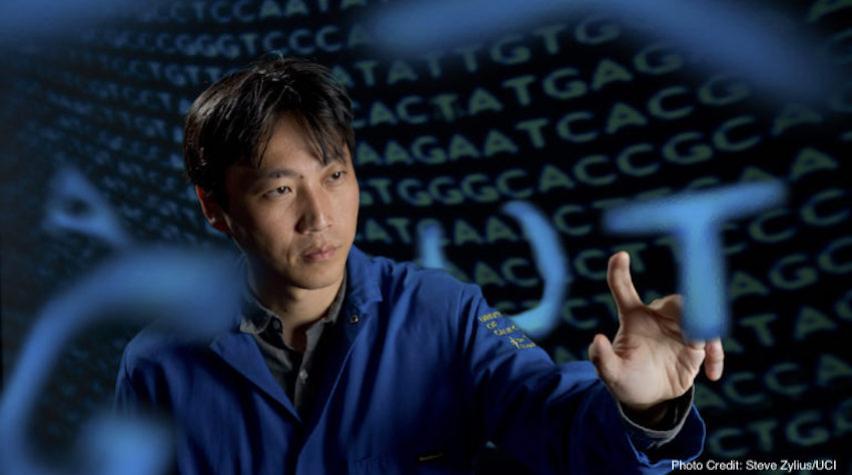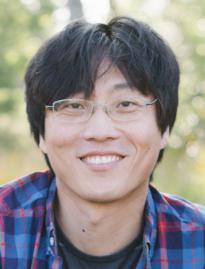
Chang Liu is assistant professor of biomedical engineering, chemistry, and molecular biology & biochemistry at University of California, Irvine. He also serves as a speaker at the 2019 Synthetic Biology: Engineering, Evolution & Design (SEED). We sat down with Chang to learn more about advances in synthetic biology, and what to expect from his talk.
In your opinion, what is the most important current trend in synthetic biology?
Merging of computational and evolutionary protein engineering (and more broadly, biological engineering). We are seeing major advances in 1) knowledge-based computational protein design approaches and 2) synthetic biology systems capable of rapidly evolving or combinatorially exploring protein function at scale, where scale means the ability to carry out many independent experiments to generate distinct solutions. I predict these two advances will merge into a very powerful trend in protein engineering where computationally designed proteins are used as the starting points for rapid and scalable evolution, which will generate diverse solutions that in turn feed knowledge-based computational protein design, and so forth. This cycle has the potential to transform protein engineering.
Another important trend, if I may suggest a second, is expanding the fundamental roles of DNA. DNA is the privileged information substrate in biology, but its predominant natural role is the faithful maintenance of biological heredity. Synthetic biologists are engineering DNA to do much more, from recording arbitrary biological events to encoding non-biological information.
What specifically will you be talking about at the conference?
I will talk about our work on orthogonal DNA replication (OrthoRep), which enables the rapid, continuous, and scalable evolution of genes of interest in vivo. I will show how OrthoRep can be used to 1) carry out ambitious protein evolution experiments requiring long mutational pathways and 2) evolve new proteins in many replicates to understand regions of fitness landscapes.
What message would you like the audience to take away from this year’s SEED?
Biology is the ultimate workshop and playground for engineers: work hard, play hard.
How do you envision synthetic biology advancing some of the Grand Challenges in engineering and society?
I am most excited about how synthetic biology will be used to make new medicines. The power and versatility of engineered biological systems are a good match against the complexity of disease mechanisms; and the scalability, customizability, and potential decentralization of bioproduction are a good match for the demands of personalized medicine and healthcare in developing countries.
Learn more about 2019 Synthetic Biology: Engineering, Evolution & Design (SEED)

Chang Liu
Chang Liu is an Assistant Professor of Biomedical Engineering, Chemistry, and Molecular Biology & Biochemistry at UC Irvine. In 2005, he graduated summa cum laude with a degree in chemistry from Harvard, where he conducted undergraduate research with Professor Stuart Schreiber. Read more


